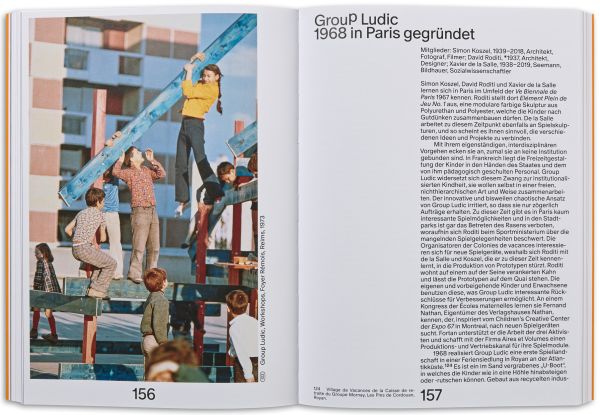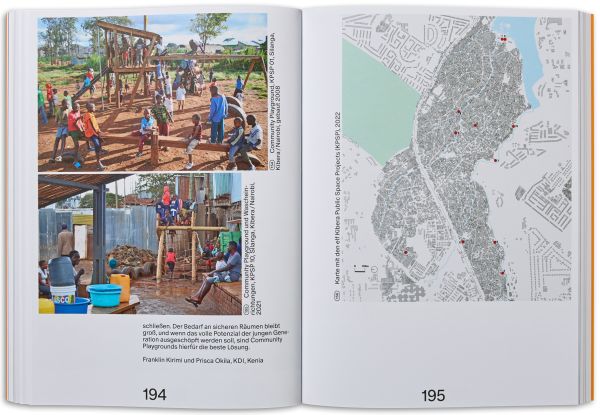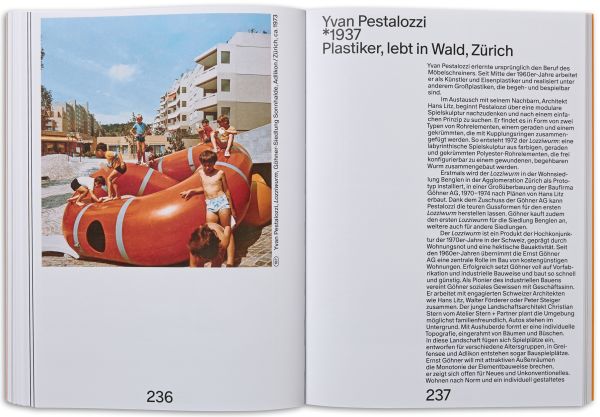The Playground Project
GVA Gemeinsame Verlagsauslieferung Göttingen
GmbH & Co. KG
P.O. Box 2021
37010 Göttingen
Germany
+49 551 384 200 0
info@gva-verlage.de
From the 1950s to the 1980s, the open-air playground was a social laboratory. Innovative, wacky, educational, and exciting playground designs emerged in European and American cities, as well as elsewhere around the world: artists, landscape designers, architects, and activists sought to provide children with the best possible place to play, while also reimagining cities and communities.
First published in 2018, The Playground Project instantly became a classic. This much-expanded new edition brings back the wealth of ideas of that period to inspire us today. It offers many previously unpublished images, numerous new portraits, especially of female protagonists of the time, as well as findings from the latest research on playground design. An incisive introductory essay places the playground at the intersections of education, architecture, urban politics, design history, and leisure policy. A detailed focus is placed on the forgotten history of playgrounds in the former German Democratic Republic. Moreover, young researchers explore the culture of memory surrounding the Shek Lei Playground in Hong Kong, and the role that playgrounds played in the process of state-building in Mexico.
The book is a tribute to play in public spaces and a rich source for architects, designers, students, children, and political actors.






